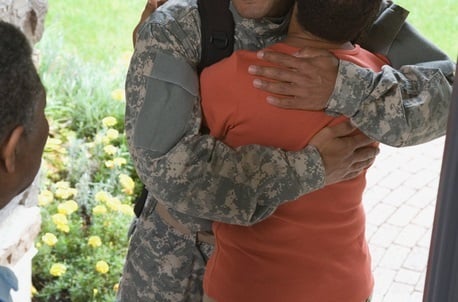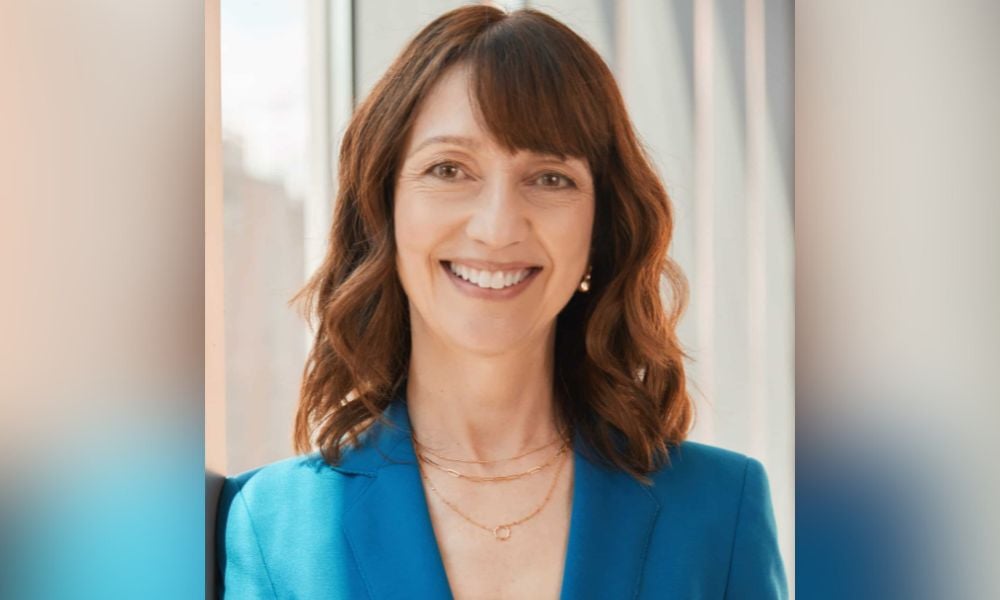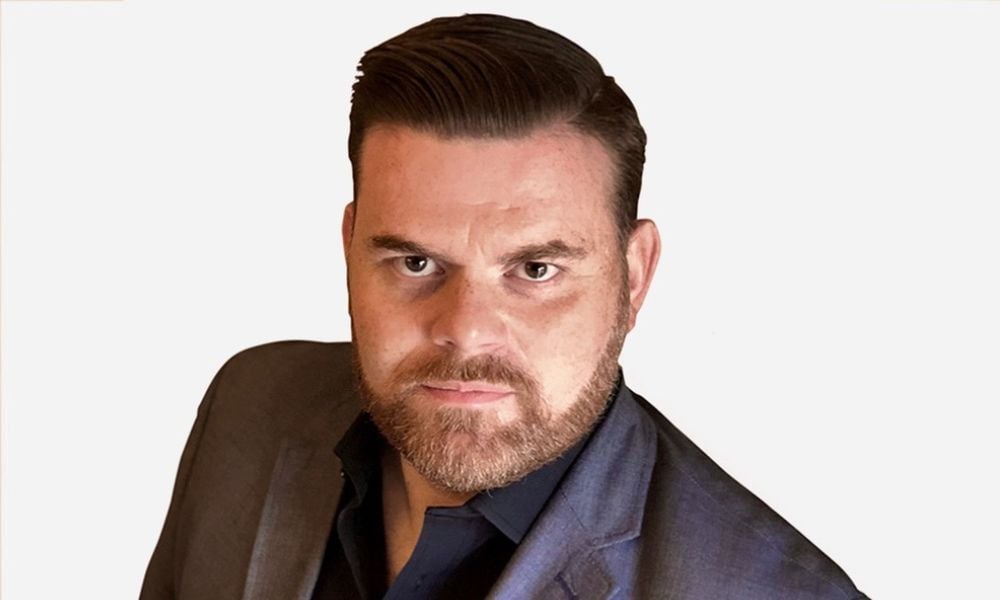As the Invictus Games draw to a close, HRD speak to an insider on the value ex-soldiers can offer

As the Invictus Games draw to a close, organizations supporting former military personnel are encouraging employers to see the many skills that veterans have to offer – beyond their sporting abilities.
Armed services personnel and veterans from 17 countries competed in the Paralympics-style event in Toronto over the past week, to showcase both their physical abilities and camaraderie.
Vicky Gosling, a former CEO of the Invictus Games, wants companies to understand the value that veterans can bring to the civilian workforce, too.
“Veterans have unique skills – if you think about risk-navigation, determination to succeed, their can-do attitude, thinking on their feet, and the leadership ability that they bring with them, and the disciplines of their training, they’re exceptional assets for any organization,” she says.
Gosling is director of the Sage Foundation’s Military Program, which helps veterans transition into civilian life through training, mentoring and career guidance.
During the Games, she took part in a panel session in Toronto on “Employment Transition and Identity”, exploring the role veterans can play in the business community as employees and business owners.
“A lot of people don’t understand the unique talent that a veteran will have,” Gosling says.
“Comments that I hear are that they’re ‘too military’ or they’re too stove-piped and their skill sets are too focused, and I think they struggle with that.”
Gosling says many veterans find post-military life challenging, and need assistance to transition to the civilian workforce – and mentors play a crucial role.
“It’s ensuring that you provide them with the right mentor that can effectively take them through that transition, because you’ll find that within the first year, that they tend to want to depart the company because they haven’t settled very well, because it’s been too much of a culture shock.”
Mentors in the Sage Foundation’s program work with veterans to help them adjust, including training “so that they understand the type of nuances that a military person will have, whether that’s the dress code that they wear, or just the day-to-day routine and the structure”.
Ensuring the veteran connects with their new employer, and that their skills are put to good use, to “make the individual feel that they’re well-utilized and actually feeling that they can add the best value of their ability”.
Related stories:
C-suite talks HR: Michael Burns, CEO, Invictus Games
What are veteran employees scared to tell you?
Want the latest HR news direct to your inbox? Sign up for HRD Canada's daily newsletter.
Armed services personnel and veterans from 17 countries competed in the Paralympics-style event in Toronto over the past week, to showcase both their physical abilities and camaraderie.
Vicky Gosling, a former CEO of the Invictus Games, wants companies to understand the value that veterans can bring to the civilian workforce, too.
“Veterans have unique skills – if you think about risk-navigation, determination to succeed, their can-do attitude, thinking on their feet, and the leadership ability that they bring with them, and the disciplines of their training, they’re exceptional assets for any organization,” she says.
Gosling is director of the Sage Foundation’s Military Program, which helps veterans transition into civilian life through training, mentoring and career guidance.
During the Games, she took part in a panel session in Toronto on “Employment Transition and Identity”, exploring the role veterans can play in the business community as employees and business owners.
“A lot of people don’t understand the unique talent that a veteran will have,” Gosling says.
“Comments that I hear are that they’re ‘too military’ or they’re too stove-piped and their skill sets are too focused, and I think they struggle with that.”
Gosling says many veterans find post-military life challenging, and need assistance to transition to the civilian workforce – and mentors play a crucial role.
“It’s ensuring that you provide them with the right mentor that can effectively take them through that transition, because you’ll find that within the first year, that they tend to want to depart the company because they haven’t settled very well, because it’s been too much of a culture shock.”
Mentors in the Sage Foundation’s program work with veterans to help them adjust, including training “so that they understand the type of nuances that a military person will have, whether that’s the dress code that they wear, or just the day-to-day routine and the structure”.
Ensuring the veteran connects with their new employer, and that their skills are put to good use, to “make the individual feel that they’re well-utilized and actually feeling that they can add the best value of their ability”.
Related stories:
C-suite talks HR: Michael Burns, CEO, Invictus Games
What are veteran employees scared to tell you?
Want the latest HR news direct to your inbox? Sign up for HRD Canada's daily newsletter.





